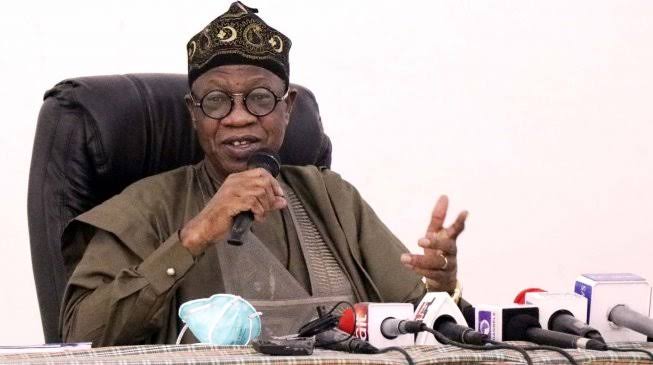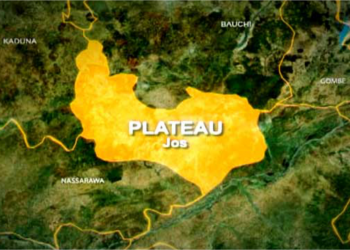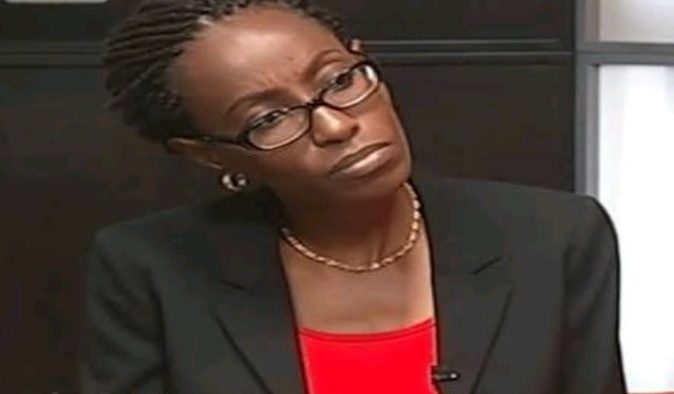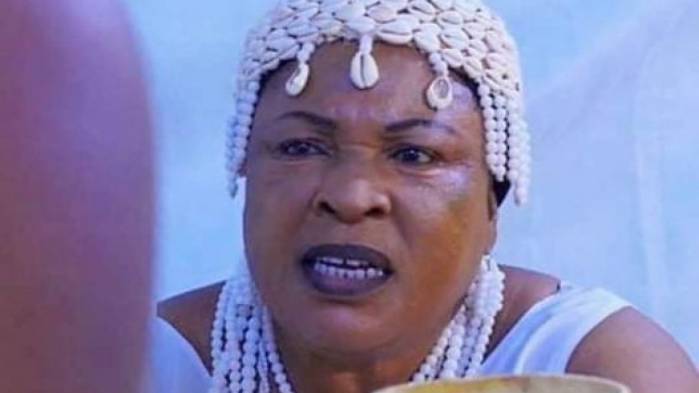The Federal Government explained on Saturday it has no intention of shutting down social media.
Rather, its plan is to regulate the social media to be responsible.
Speaking at the premises of The Nation newspaper, Minister of Imformation and Culture, Alhaji Lai Mohammed, maintained that the President Muhammadu Buhari led government has high regards for the freedom of the press.
Mohammed, accompanied by heads of parastatal and agencies under his ministry inspected the headquarters of The Nation newspaper and TV Continental (TVC) which were attacked by hoodlums who hijacked the peaceful #EndSARS protest.
The Minister pleaded that his recent call for the regulation of the excesses of the social media should not be misconstrued for a total ban.
He said: “We did not at any time say that we will shut down the social media.
“Social media has come to stay and it will be an antithesis to democracy to shut it down because it is the fastest way of disseminating information.
“However, we must regulate the social media in a manner that it does not become a purveyor of fake news and hate speech.
“We will not fold our arms to allow purveyors of fake news and hate speech to use the social media to destabilise the country.”
He pointed out that some of the owners of social media platforms, including Facebook and Whatshap, were making attempts to regulate their use because of the danger of fake news.
The minister said that government foresaw the danger of fake news and hate speech as far back as 2017.
His words: “We saw as far back as 2017 that the next epidemic that will hit Nigeria and the entire world is fake news and misinformation.
READ ALSO: Police Reform: Youths Condemn N150 Daily Feeding Allowance For Police Cadets
“Based on that, we dedicated an entire National Council on Information meeting in Jos to the issue.
“After this, we launched a national campaign on fake news on July 11, 2018, where we stressed that the next war will be fought without a shot being fired but with the use fake news.
“We did not stop there. We went on a tour of all media houses seeking their support against fake news.”
Elaborating on the negative effects of fake news, Mohamed posited that the farmers-herdsmen clashes of 2017 were largely fuelled by fake videos and pictures that were circulated on social media platforms.











